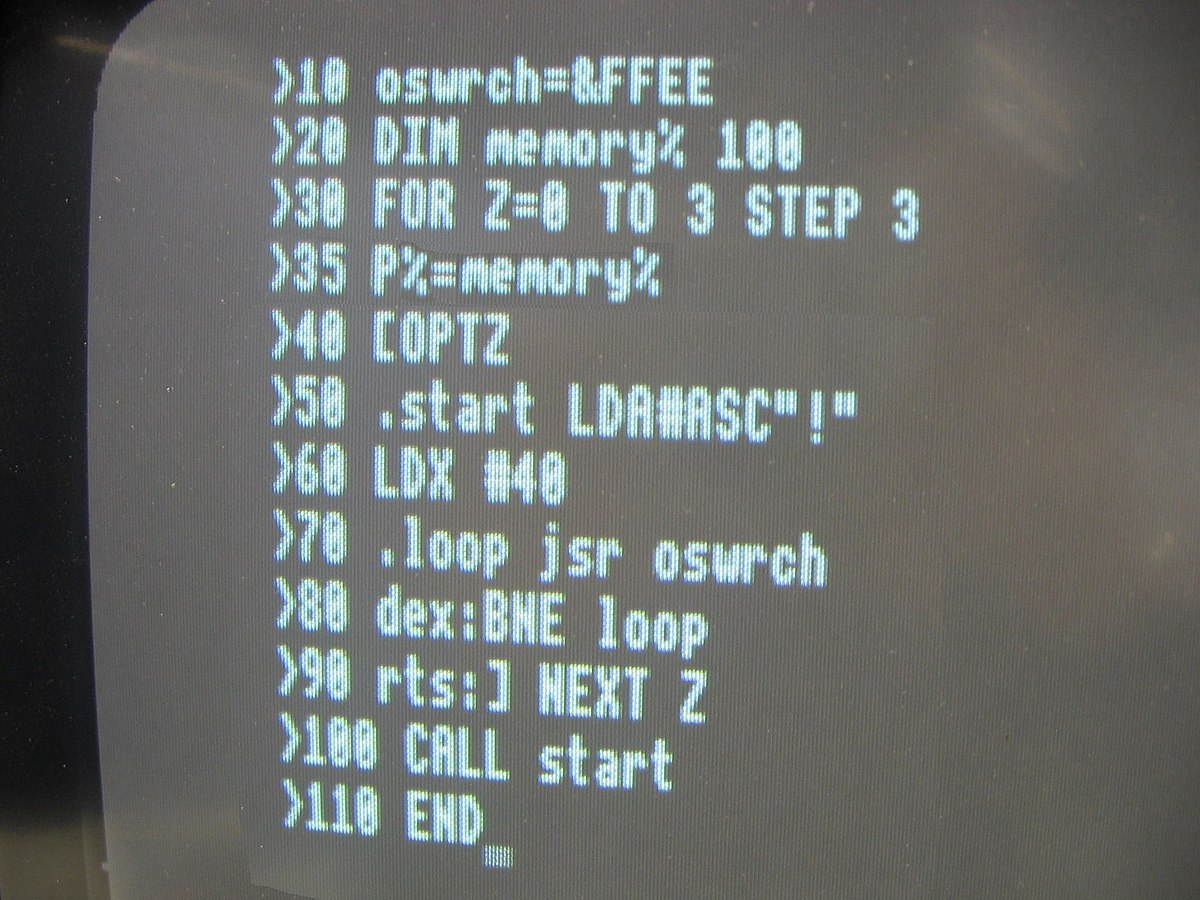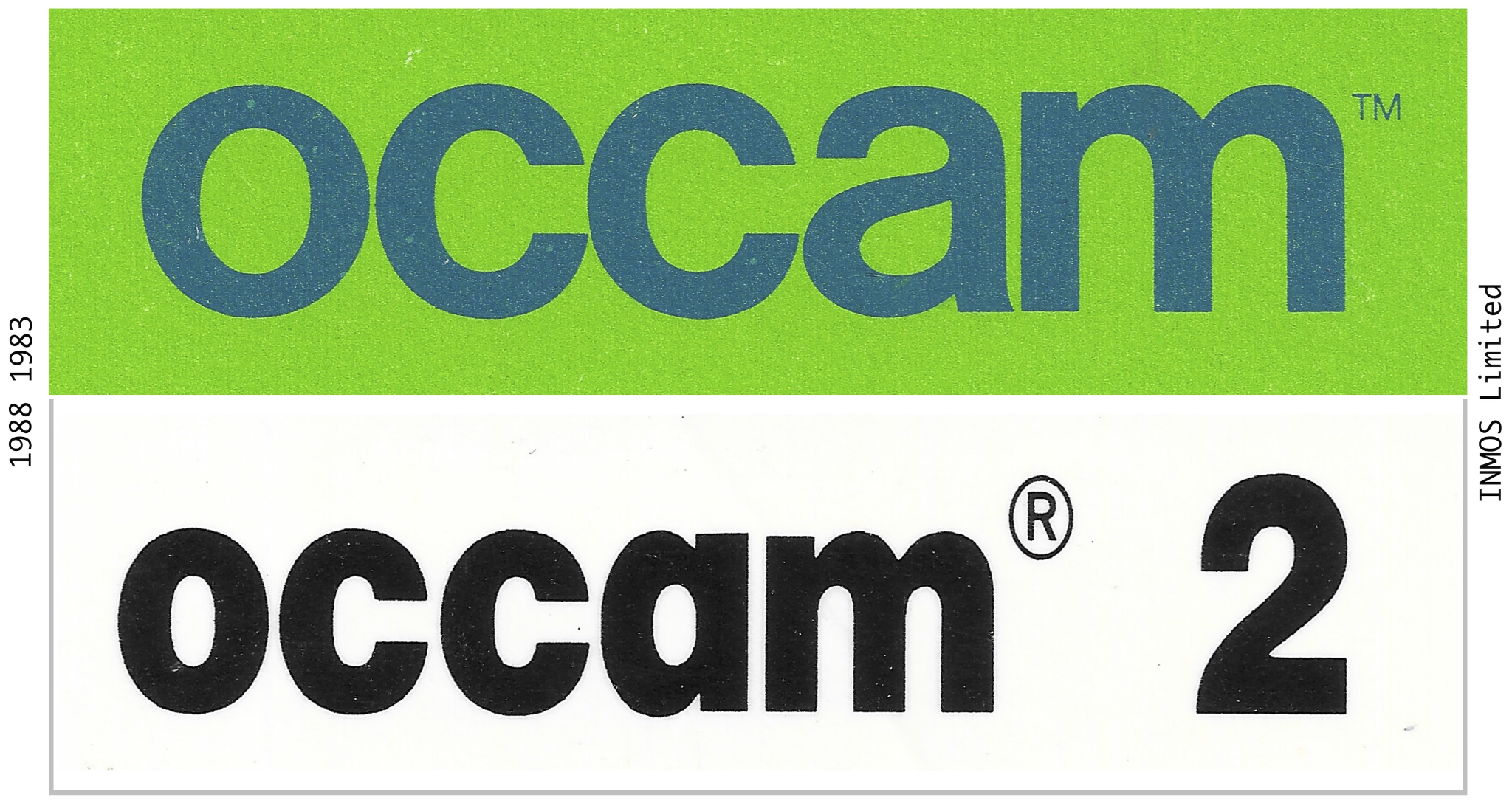Computer programming is critical in today’s environment since it runs the systems for practically every gadget we use. We can instruct machines what to do using computer programming languages. Because machines and people “think” differently, programming languages are required to bridge that gap.
In 1883, a woman called Ada Lovelace collaborated with Charles Babbage on the earliest mechanical computer, the Analytical Engine, to design the first computer programming language.
BBC Basic
BBC Basic is originally the programming language of a now 40-year-old computer called the BBC Microcomputer System, or BBC Micro for short.
Now, BBC Basic was closer to modern languages than many other languages used to program home computers at the time: almost all kinds of variants of the original BASIC from the 1960s.
It had proper for and while loops, rather than faking loops with go-to—a rather infamous programming construct known for being “considered harmful” by a famous computer scientist. It also had functions, declared variables with let-statements like in JavaScript, and a robust library for drawing and making music.
occam 
The occam programming language was initially developed by INMOS for the transputer concurrent microprocessor. The last INMOS version of occam was occam 2.1. INMOS are now part of SGS Thomson, and the ST20 microprocessor used widely in set-top boxes and GPS receivers is a direct descendent of the transputer.
Development of the occam programming language, along with its associated tools and libraries, was continued by the occam for all projects at the University of Kent. occam-π is Kent’s extended version of occam 2.1, introducing features from the pi-calculus to support large-scale dynamic concurrency.
While several of occam-π’s developers still work within the Programming Languages and Systems group at the University of Kent, occam-π is now used and maintained by developers worldwide.
MASCOT
The development of computer-based systems poses significant problems for the people involved. However, MASCOT, the official design methodology of the UK Ministry of Defence for real-time systems, and Ada, the official programming language of the US Department of Defence for embedded computer systems, claim to offer a solution to the majority of these problems.
MASCOT is a programming support environment independent of a particular programming language, but it defines its runtime kernel for the parallel execution of different program parts.
On the other hand, Ada offers language constructs to express the parallelism of program parts, but Ada enforces a particular design methodology with its language rules.
A paper demonstrated a possible implementation of a MASCOT Construction Data Base in Ada and explained the combination of MASCOT and Ada by using a simple example.
Babbage
Babbage is a high-level coding language explicitly made for a series of minicomputers (the GEC4000 series) created in the 1970s. Many computers today run using modern languages such as Java, Python, C++, etc.
Those languages have continuously been developed and built on top of older programming languages. As a result, the Babbage programming language — like the Pascal and Ada programming language — is one of the pioneer bases for many functions and objects in modern programming today.
For example, the Babbage programming language was critical in developing the GEC4000 series minicomputers.
